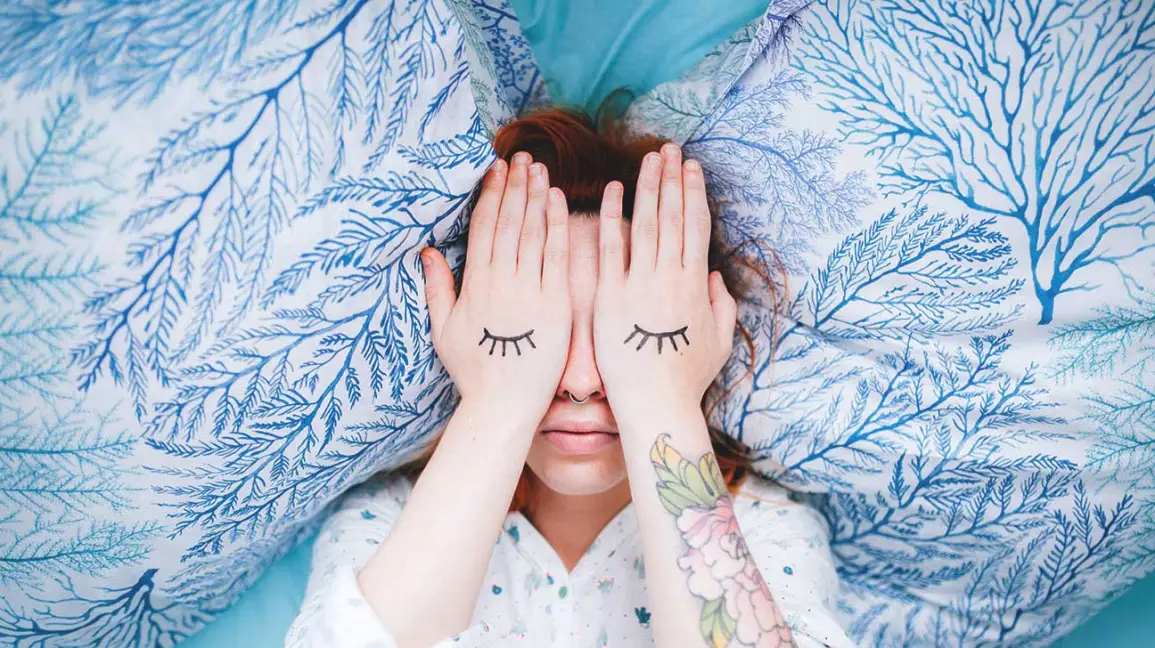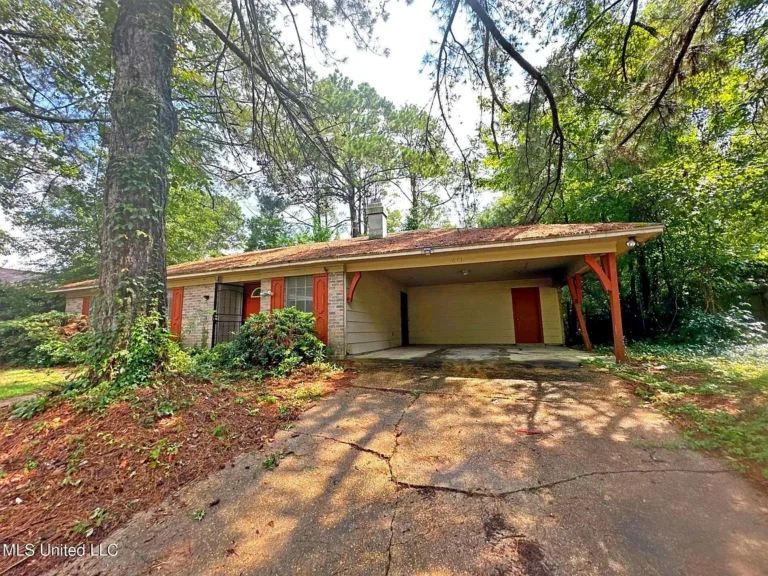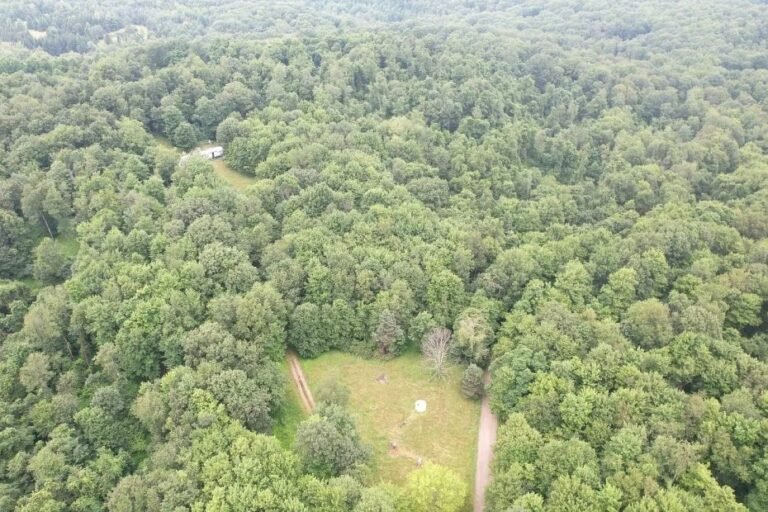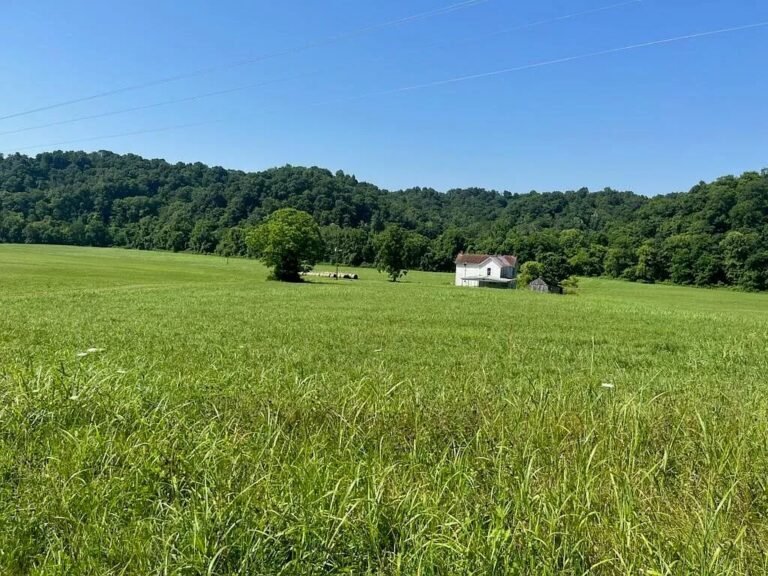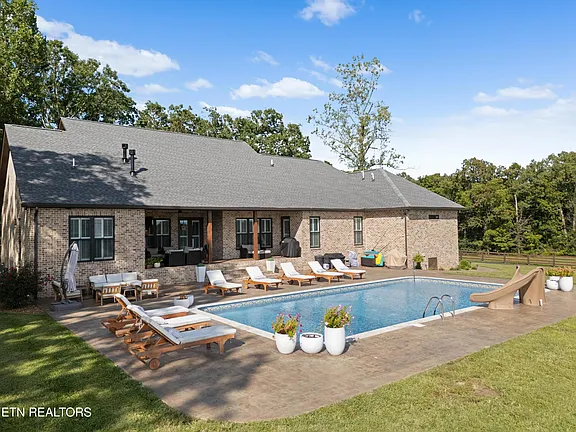How to Fall Asleep in 10, 60, or 120 Seconds
Relaxation and breathing techniques, visualizing a calming scene, and improving your sleep hygiene, among other methods, may help you fall asleep faster.
Thank you for reading this post, don’t forget to subscribe!

Are you spending more time trying to fall asleep rather than actually sleeping? You’re not alone.
It’s estimated that 1 in 3Trusted Source people in the United States experience sleep deprivation. The number of hours recommended for sleep depends on your age. But most people need at least 7Trusted Source hours of sleep in a 24-hour period.
A lack of sleep may pose adverse psychological and physiological effects, such as:
- constant fatigue, restlessness, or irritability
- decreased performance, concentration, and memory
- increased risk of depression and anxiety
- increased risk of heart disease, diabetes, and obesity
Just the act of trying too hard to fall asleep may cause a cycle of anxious, nerve-wracking energy that keeps you awake. If your mind can’t sleep, it’s difficult for your body to follow, too.
There are three essential factors to consider before trying to fall asleep:
- sleeping hygiene
- bedroom environment
- what you do during the day
How can you fall asleep right away at night?
If you’ve got these all under control and you’re still having difficulty falling asleep, we have a few anecdotal methods to help you flip the switch.
